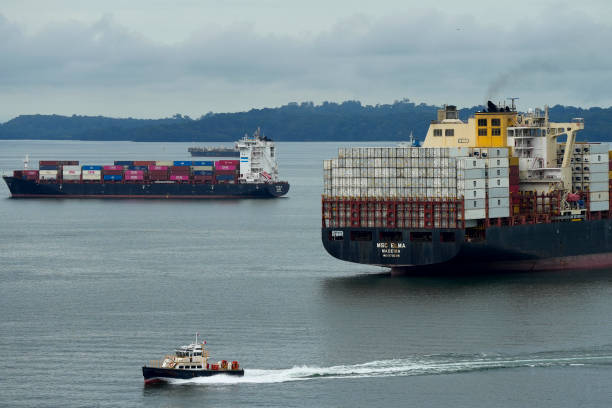In a striking press conference held at Mar-a-Lago, President-elect Donald Trump refused to rule out the use of military force to seize control of the Panama Canal and Greenland.
As part of a broader vision for U.S. territorial expansion, Trump cited both regions as vital to the nation’s economic security.
“We need them for economic security,” Trump declared, emphasizing the strategic importance of the Central American trade route and the autonomous Danish territory. When pressed by reporters about potential military or economic coercion, he was unequivocal: “No, I can’t assure you of either of those two.”
Trump’s remarks extended beyond military considerations. He expressed frustration with China’s activities in the Panama Canal, claiming, “We didn’t give it to China, and they’ve abused it.”
His administration, he announced, would also propose renaming the Gulf of Mexico to the “Gulf of America” in an effort to reflect U.S. influence.
This isn’t the first time Trump has floated ideas of annexation. Since his electoral victory, he has been vocal about reclaiming the Panama Canal and has even suggested the possibility of incorporating Canada as the “51st State.”

Bold plans for U.S. expansion face resistance from global leaders, sparking heated debates.
Trump criticized the late President Jimmy Carter for the 1977 treaty that returned control of the canal to Panama, calling it a strategic error.
Trump’s proposal to annex Canada focused on removing economic barriers and improving national security. “You get rid of that artificially drawn line,” he remarked, adding that it would eliminate trade deficits and tariff issues.
However, the suggestion was met with derision from Canadian officials.
Prime Minister Justin Trudeau dismissed the idea, stating firmly, “There isn’t a snowball’s chance in hell that Canada would become part of the United States.”
Greenland’s leadership also rejected the notion of annexation. Prime Minister Mute Egede reiterated in December, “The island is not for sale and will never be for sale.”
Despite this, Trump Jr. visited Greenland, reportedly for media purposes, fueling speculation about the administration’s intentions.
Trump’s territorial ambitions have sparked ridicule and debate both domestically and internationally. While critics view his comments as unrealistic, Trump remains steadfast in his vision, framing it as a means to enhance U.S. economic and national security.











































